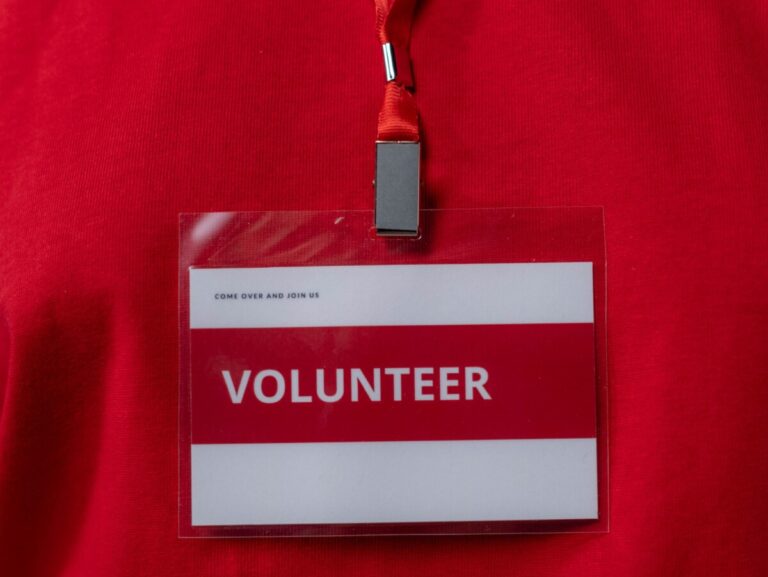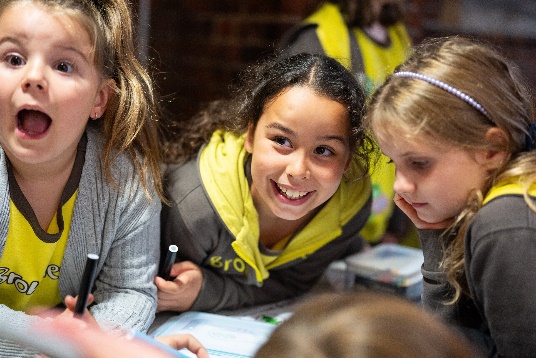Government survey shows rise in informal volunteering but fewer formally volunteering & donating

Fewer people volunteered formally in the past year while the proportion of people donating also fell, according to the government’s latest Community Life Survey.
The Community Life Survey is published by the Department for Digital, Culture, Media & Sport, and is a nationally representative annual survey of adults (16+) in England that aims to track the latest trends and developments across areas that are key to encouraging social action and empowering communities.
The latest survey, for 2020-21 provides estimates on a number of measures covering social cohesion, community engagement and social action over the period of April 2020 to March 2021. It ran over the course of a year, recording respondents’ answers over the year during different periods of lockdown measures.
Advertisement
It found that there was a decrease in the proportion of people giving to charity last year. 63% of respondents reported having done so in the last 4 weeks (at the time of responding to the survey). This was lower than the previous year where 75% of respondents reported doing so and the lowest since the Community Life Survey began in 2013/14.
Women were more likely to have given than men (67% vs. 59%). There was a decrease in the incidence of giving from all age groups except among 16-24 year olds, although this group saw the lowest proportion of charitable giving (50%). The 65-74 and 75+ age groups came top at 70% and 73% respectively. All age groups other than 16 to 24 saw a decrease in the incidence of charitable giving.
The average amount given was £27 (excluding those who donated £300 or more). 18% of respondents gave over £50, which was higher than 2019/20 (15%), while 10% donated £4 or less.
There was also a decrease in the proportion of people formally volunteering. 17% of respondents reported formally volunteering at least once a month, the lowest recorded participation rate since data collection in the Community Life Survey.
However, the proportion of people informally volunteering rose. 33% of respondents had volunteered informally at least once a month, the highest percentage on record in the Community Life Survey.
The survey also found that 41% of respondents have taken part in civic participation, 19% in civic consultation, and 7% in civic activism.
Two million volunteers contribute £4 billion to UK economy over three years
In a second study, this time by The National Lottery Community Fund, two million volunteers were found to have contributed £4 billion to UK economy over the past three years.
The figures are based on the time period 1 April 2018 to 31 March 2021, and are published in the Fund’s new Power in Purpose report. The report also reveals that in the past five years The National Lottery Community Fund has awarded 4,200 grants to support volunteering, amounting to almost £700 million in National Lottery, government and third-party funding. 1,500 of these grants, totalling £124 million, supported the volunteering response to Covid-19.
The number of volunteering grants the Fund awarded between 2013 and 2019 increased by almost two thirds (64%), from 440 per year to over 700. These helped organisations provide training, cover volunteer expenses and remove barriers to volunteering. In total, 94% of its grantholders involved volunteers in delivering their projects last year.
Faiza Khan MBE, Director of Engagement and Insight at The National Lottery Community Fund, said:
“Volunteers are the lifeblood of the voluntary and community sector. Without their dedication, knowledge and skills, much of the vital work by charities and community groups would simply not be possible. We’re incredibly proud to see the amazing impact money raised by National Lottery players is making to volunteering across the UK, supporting communities to prosper and thrive and build back stronger as we recover from the pandemic.”
National Lottery funded programmes include:
- Our Bright Future, which has given more than 120,000 young people an opportunity to get involved in environmental work in their community since 2016.
- Ten Place Based Social Action partnerships across England, which are bringing together local communities, including 1,320 volunteers, to address priorities in their neighbourhoods, from improving local transport, to creating whole new visions for their area, like a dementia friendly borough in Colchester.
- Create Your Space, a joint initiative with the Welsh Government, which has secured 3,175 hours of volunteers’ time in the first year, to empower communities to conserve, create and enhance outdoor spaces in Wales.




